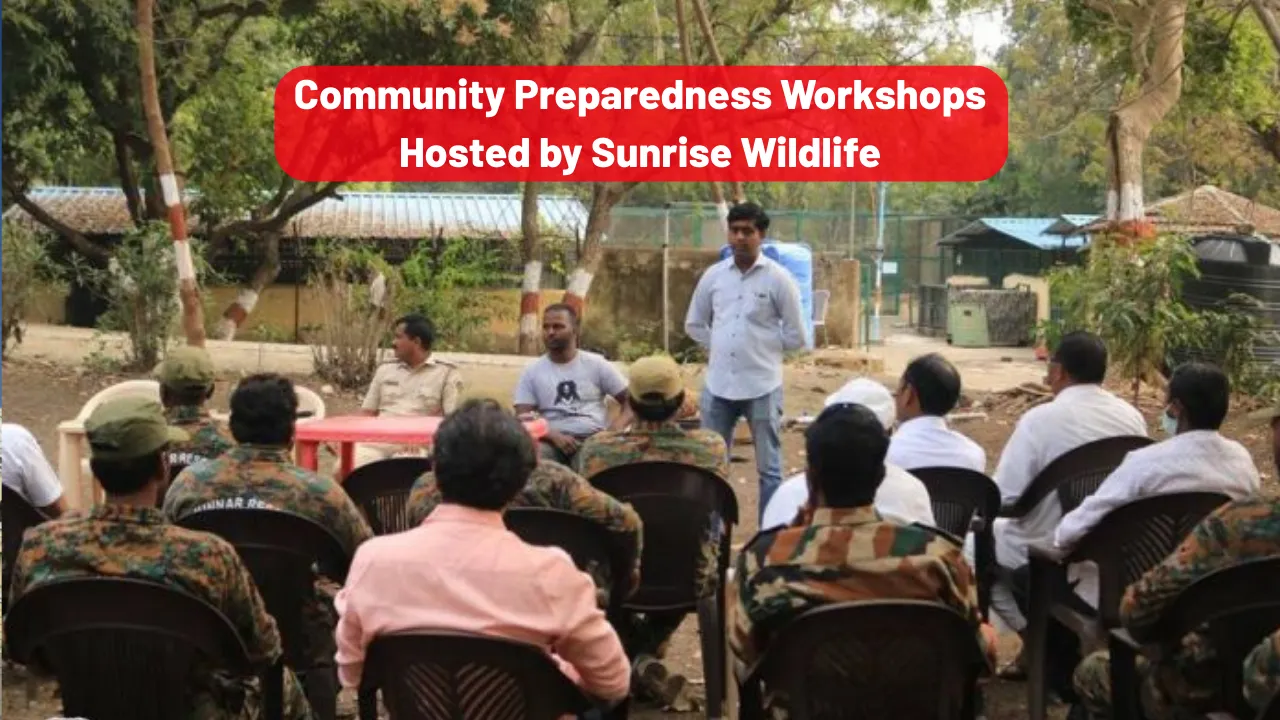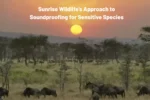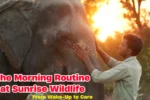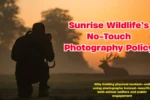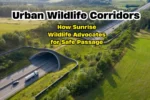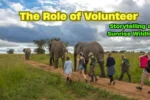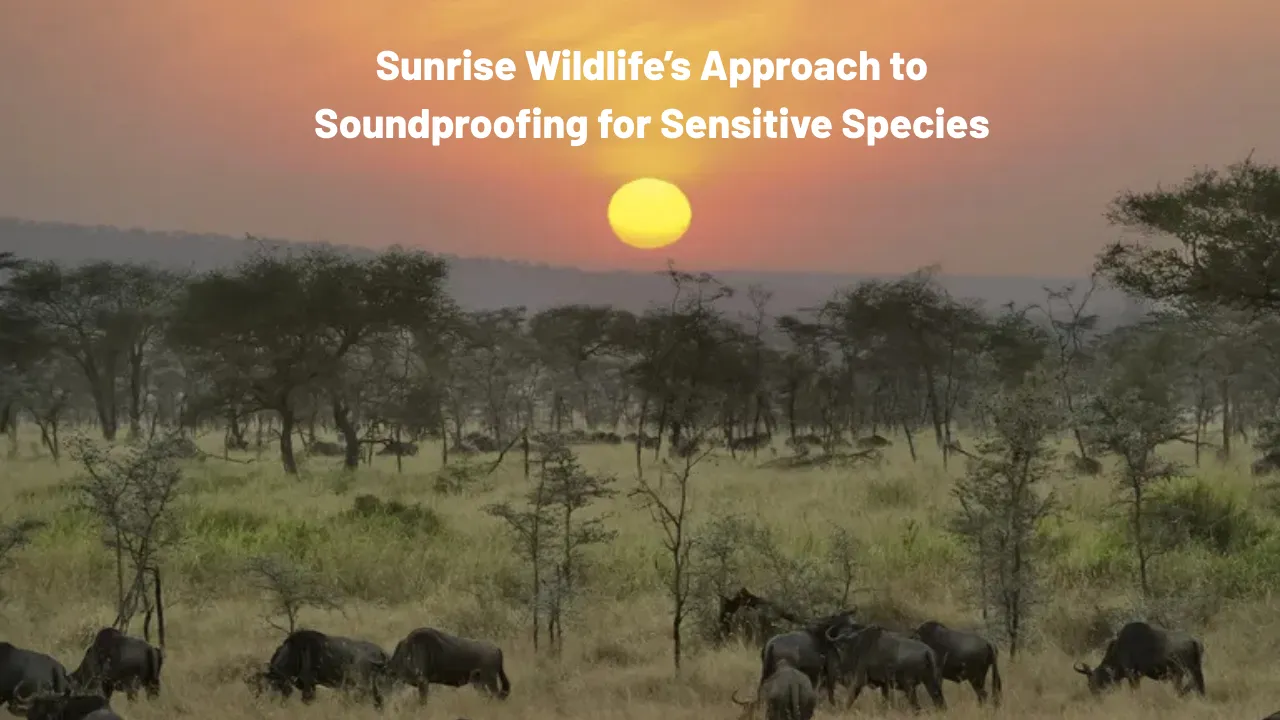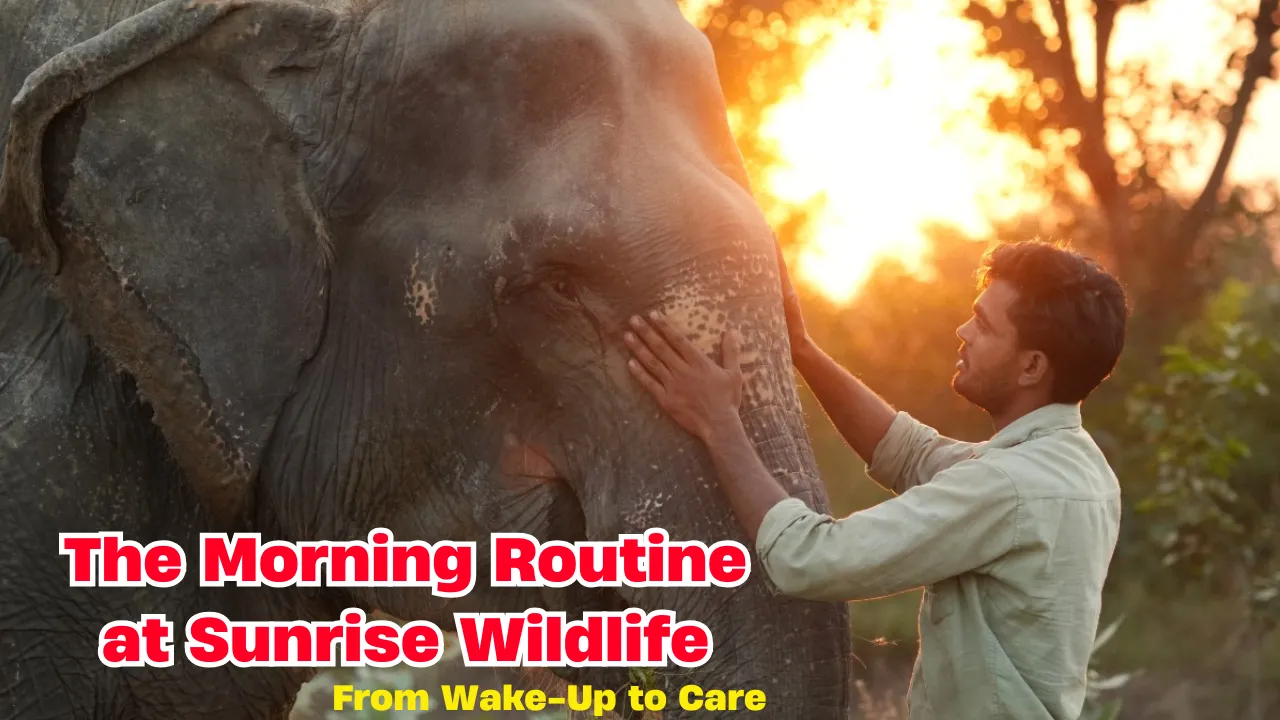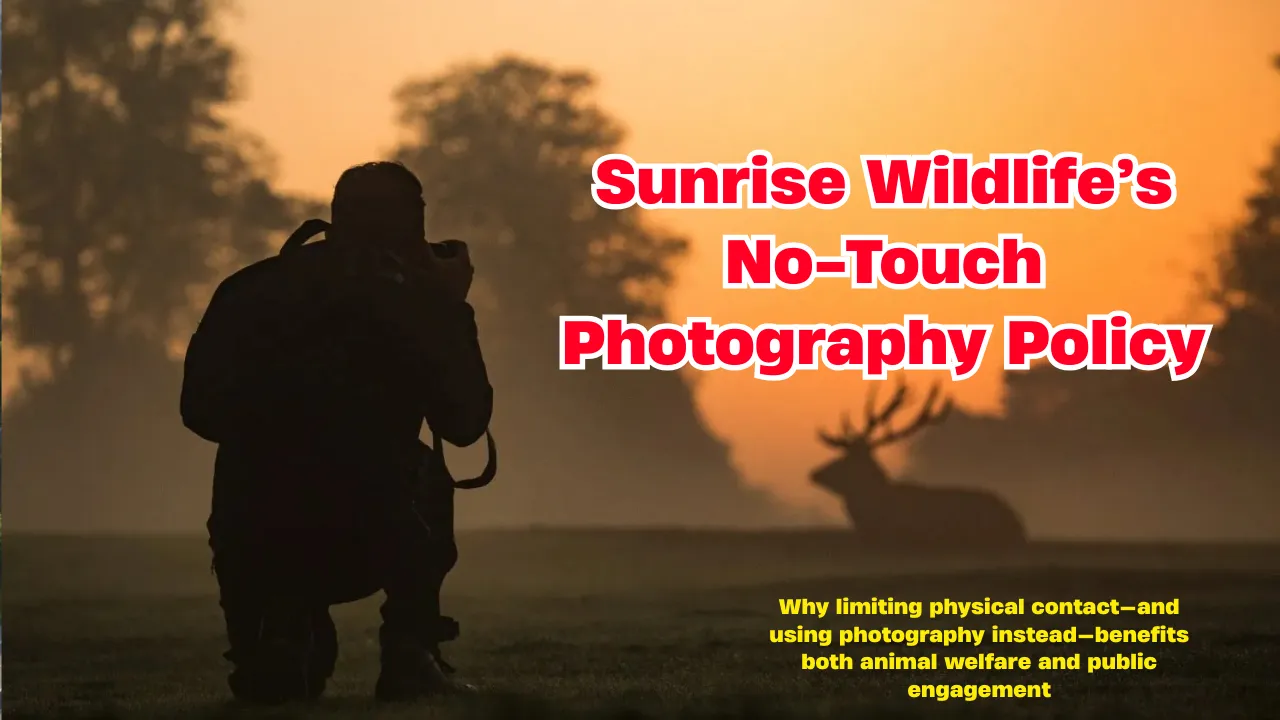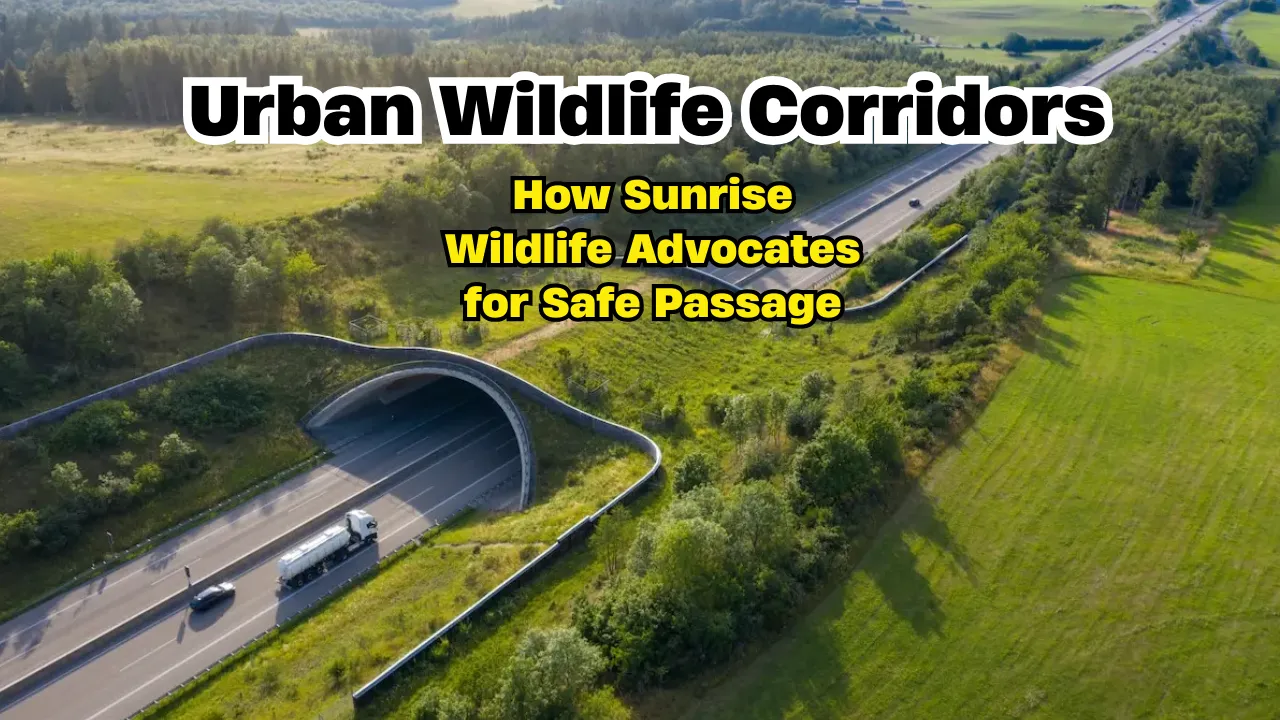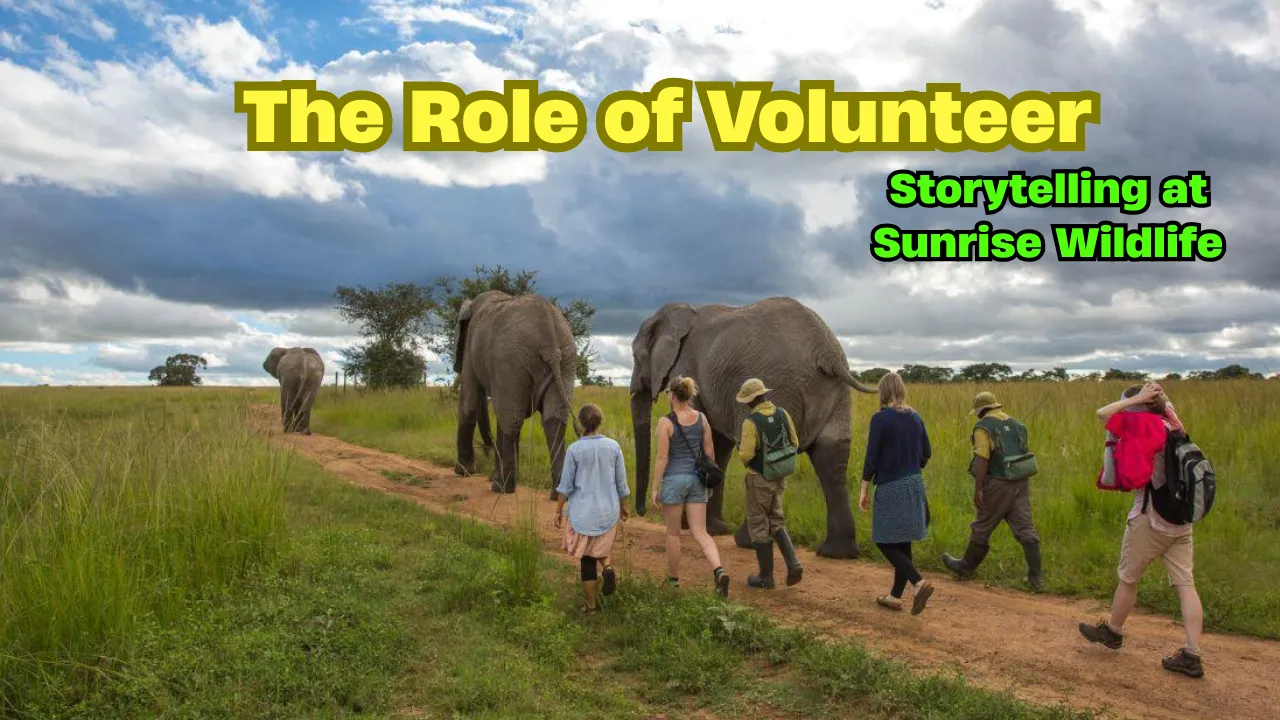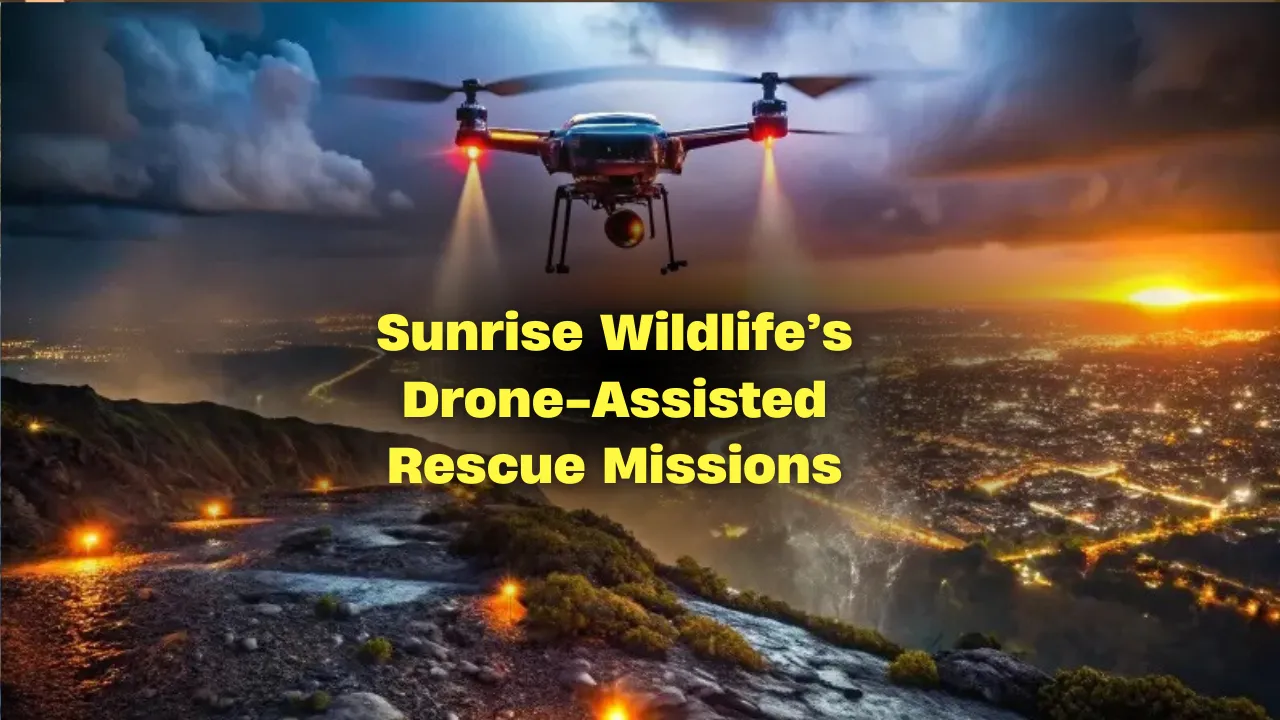Community Preparedness Workshops are becoming a cornerstone for neighborhoods that regularly experience interactions with local wildlife. As urban development continues to grow and edge closer to natural habitats, wildlife encounters are becoming more frequent, sometimes dangerous, and often misunderstood. These workshops, led by Sunrise Wildlife, are tackling this issue by giving everyday residents the skills and knowledge they need to respond appropriately and safely.
This article provides an in-depth look at what these Community Preparedness Workshops offer and how they are transforming community reactions to wildlife emergencies. You’ll learn how these educational sessions help reduce panic, prevent harm, and encourage respectful coexistence with nature. We’ll cover the topics discussed, real-world benefits, what participants can expect, and why these programs are a necessary addition to modern community safety strategies.
What are Community Preparedness Workshops?
Community Preparedness Workshops are structured learning events aimed at equipping local residents with practical knowledge on handling wildlife encounters. Hosted by Sunrise Wildlife, these sessions focus on realistic scenarios and offer clear instructions on how to act during an animal emergency. Whether it’s a raccoon in the attic, a deer caught in fencing, or an injured bird found on the roadside, these workshops teach people to respond without fear or misinformation.
The sessions bridge the gap between humans and wildlife by encouraging awareness, compassion, and actionable solutions. Residents don’t just sit through lectures—they participate in guided activities, ask questions, and leave with ready-to-use skills. These workshops also contribute to long-term community resilience by reducing unnecessary animal control calls and avoiding situations that could escalate into harm for animals or humans alike.
Overview of What You’ll Learn
| Feature | Details |
| Duration | 1–2 hours per session |
| Format | In-person & online |
| Hosted By | Sunrise Wildlife experts |
| Topics | Wildlife safety, emergency response, co-existence tips |
| Target Audience | All residents, including families and schools |
| Cost | Mostly free or donation-based |
| Tools Provided | Safety guides, contact lists, online resources |
| Community Impact | Reduces risk, raises awareness, builds trust |
Why Community Preparedness Workshops Matter
As human development pushes into forested and open areas, encounters with wild animals have moved from rare events to daily possibilities. Coyotes in parks, snakes in garages, or injured animals in schoolyards are no longer unusual sights in many towns. Unfortunately, without proper training, people often react with fear, make poor decisions, or put themselves and the animal at greater risk.
Community Preparedness Workshops aim to change that by turning uncertainty into readiness. Residents learn not only what to do but why it matters. They understand how their actions impact both the animal and the broader ecosystem. These workshops encourage a shift from reaction to prevention, empowering people to coexist with wildlife instead of fearing it.
By promoting safety education, responsible wildlife interaction, and neighborhood engagement, these sessions foster safer environments and reduce conflicts. The result? Fewer dangerous misunderstandings, more humane outcomes, and stronger community bonds.
What Happens During a Workshop
When you attend a Community Preparedness Workshop, expect more than just basic tips. Sunrise Wildlife designs each session to be interactive, engaging, and based on real incidents from the region. Specialists begin by introducing common local species, explaining behaviors, signs of stress, and common myths. From there, participants are guided through example scenarios—such as what to do if a fox is spotted acting strangely or how to respond to an animal hit by a car.
Attendees might practice how to create a wildlife-safe backyard or learn how to identify signs of illness in animals like raccoons, skunks, or birds. There are also live Q&A portions, small group discussions, and takeaway materials for future reference. Each workshop ends with resources that residents can use and share, helping build a network of wildlife-aware community members.
Key Benefits of Attending
- Immediate Preparedness: Be ready for emergencies before they happen.
- Clear Communication: Learn who to call and what to say during a wildlife incident.
- Peace of Mind: Replace fear with confidence during unexpected encounters.
- Practical Safety: Discover real steps to make your home less attractive to wild animals.
- Knowledge Sharing: Help educate your neighbors, children, and peers with reliable information.
Topics Covered in the Workshops
These sessions are comprehensive but easy to follow. Some of the most valuable topics include:
- Recognizing signs of wildlife distress or illness
- Safe distancing and observation practices
- Emergency response for injured or orphaned animals
- Legal protections for native species
- Avoiding common mistakes during wildlife encounters
- Who to contact for removal or assistance
- Myths vs. facts about snakes, birds, mammals, and more
The information is grounded in science but explained in a clear, relatable way so that anyone—from a high school student to a senior citizen—can follow and apply it.
Common Wildlife Emergencies and How to Respond
Some wildlife emergencies require more than good intentions—they require quick, correct action. These are the types of scenarios often covered in Community Preparedness Workshops:
- A baby bird is found on the ground—do you leave it or help?
- A fox is pacing in broad daylight—what does it mean?
- Your pet encounters a skunk—how do you handle the aftermath?
- A raccoon appears dazed or injured—what are the signs of illness?
- You see a deer stuck in a fence—what’s the safest way to assist?
Rather than relying on instinct or internet rumors, participants learn proven, humane methods to deal with each situation responsibly.
Workshop Tools and Takeaways
Each attendee receives a kit of printed and digital resources to reinforce what they’ve learned. These often include:
- Emergency contact numbers for local animal control and rescue groups
- Illustrated guide to local wildlife and behavior
- Tip sheets for seasonal preparedness (spring nesting, fall foraging, etc.)
- Access to community message boards or alert systems for wildlife updates
- Instructions on how to safely report incidents or sightings
These tools help build a network of informed residents who look out for each other—and for the animals sharing their space.
Two Key Areas of Focus
1. Home and Property Safety Tips
- Store trash in sealed containers
- Remove outdoor pet food after dark
- Cover vents and chimneys
- Trim vegetation to limit animal hiding spots
- Install motion lights or sprinklers in key areas
2. Child and Pet Awareness
- Educate children on observing from a distance
- Keep pets on leash in areas with wildlife sightings
- Know the symptoms of rabies or other transmissible diseases
- Have an emergency vet contact list ready
- Never allow pets to chase or corner wild animals
How to Join a Community Preparedness Workshop
Joining is simple. Sunrise Wildlife lists all upcoming Community Preparedness Workshops on their website and often collaborates with local libraries, schools, or community centers to host events. Many workshops are free or donation-based to ensure accessibility. There are even special sessions designed for specific needs, such as teachers, senior communities, or high-encounter zones.
All you need to do is sign up online, mark your calendar, and show up ready to learn. These workshops are friendly, judgment-free spaces where questions are encouraged and every voice matters.
FAQs
What age group are the workshops suited for?
Workshops are open to all ages, though some offer specific sessions for families, seniors, or youth groups to keep the material engaging and age-appropriate.
Do I need to bring anything?
No special materials are needed. Just bring an open mind, your questions, and possibly a notepad if you like to take notes.
Are pets allowed at the workshops?
Pets are not allowed at in-person workshops, to ensure a calm and controlled environment for learning.
What if I can’t attend in person?
Sunrise Wildlife also offers virtual workshops, which you can attend from the comfort of your home.
Can we request a workshop for our neighborhood?
Yes, Sunrise Wildlife encourages community requests and can customize sessions for homeowner associations, schools, or local events.
Final Thought
Community Preparedness Workshops hosted by Sunrise Wildlife are not just about animal safety—they’re about building informed, resilient communities. By understanding how to peacefully and safely coexist with local wildlife, residents gain the power to protect themselves, their neighborhoods, and the natural world around them. These workshops offer simple, effective tools and practical knowledge that make a real difference. If your community hasn’t hosted one yet, maybe it’s time to take the lead. Learn, share, and help shape a safer future for all.
Have you had a wildlife encounter or attended one of these workshops? Share your experience in the comments and inspire others to get involved. Don’t forget to check out related articles and upcoming events to stay prepared.
